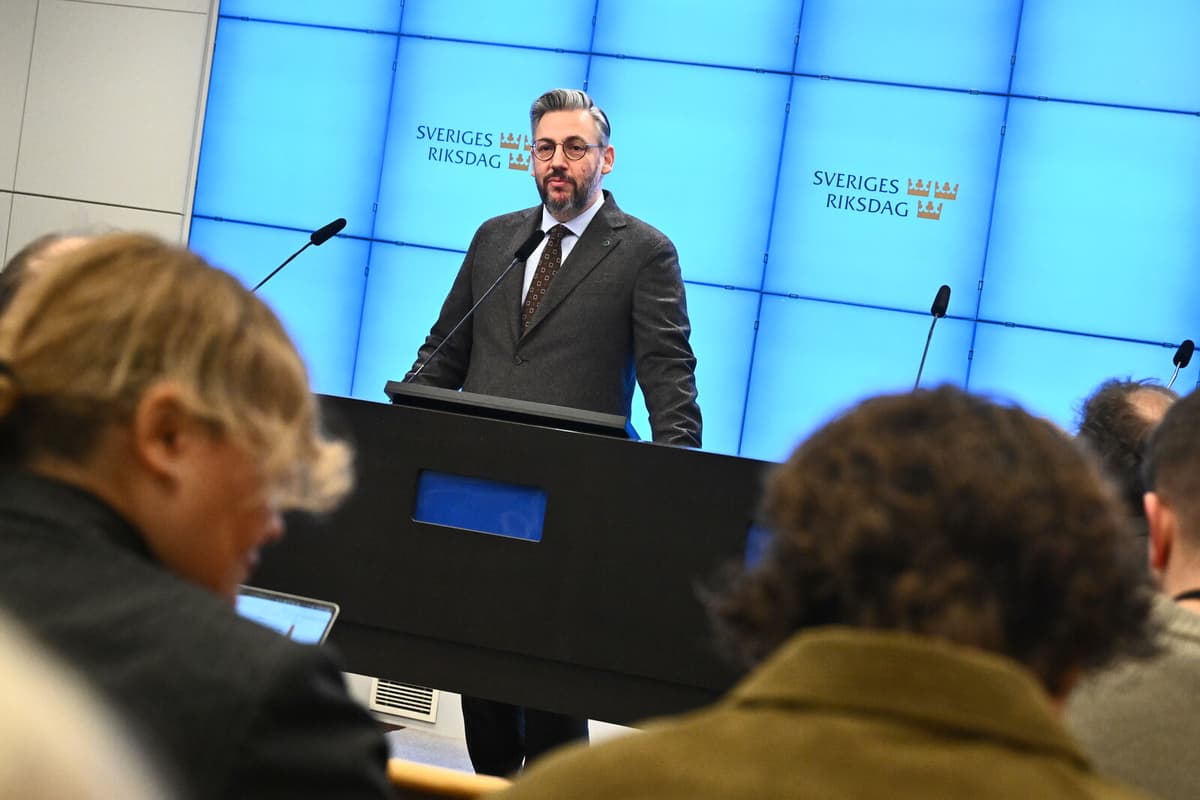Several political scientists who TT has been in contact with describe Demirok's time at the helm as difficult. The party leader took over after Annie Lööf in February 2023 but never got a clear boost either in public opinion or internally.
Not least, Demirok's clear stance on the Social Democrats and Magdalena Andersson in the government issue became a dividing line.
There has been a certain resistance to his line and an ambivalence within the party. Enough people have expressed doubts about leaning so clearly to the left, says Hinnfors.
He is a professor of political science at the University of Gothenburg.
The Social Democrats are still perceived as a main opponent. Muharrem Demirok and the party leadership have not unequivocally managed to get the party on board.
"Come in wrong"
Hinnfors gets support from Mikael Sundström, a political scientist at Lund University.
The discussions about the government base have been notable. There, some have felt that he came in wrong. The Center Party has locked itself in instead of using its cards in strategic negotiations, says Sundström later.
Whether a new party leader will open up for cooperation with the The Moderate Party is, however, uncertain.
One should never say never. But it has been very clear that the Center Party does not want to be in any cooperation with the Sweden Democrats, and it does not seem likely that they will abandon that resistance. Then the door to Ulf Kristersson is closed, says Jonas Hinnfors.
Logical time
According to Mikael Sundström, it is logical that the message comes now since there is a year and a half left until the next parliamentary election.
If you're going to change party leaders, it's about now you should do it. It's the last chance to build an election campaign with a new party leader, says Mikael Sundström.






